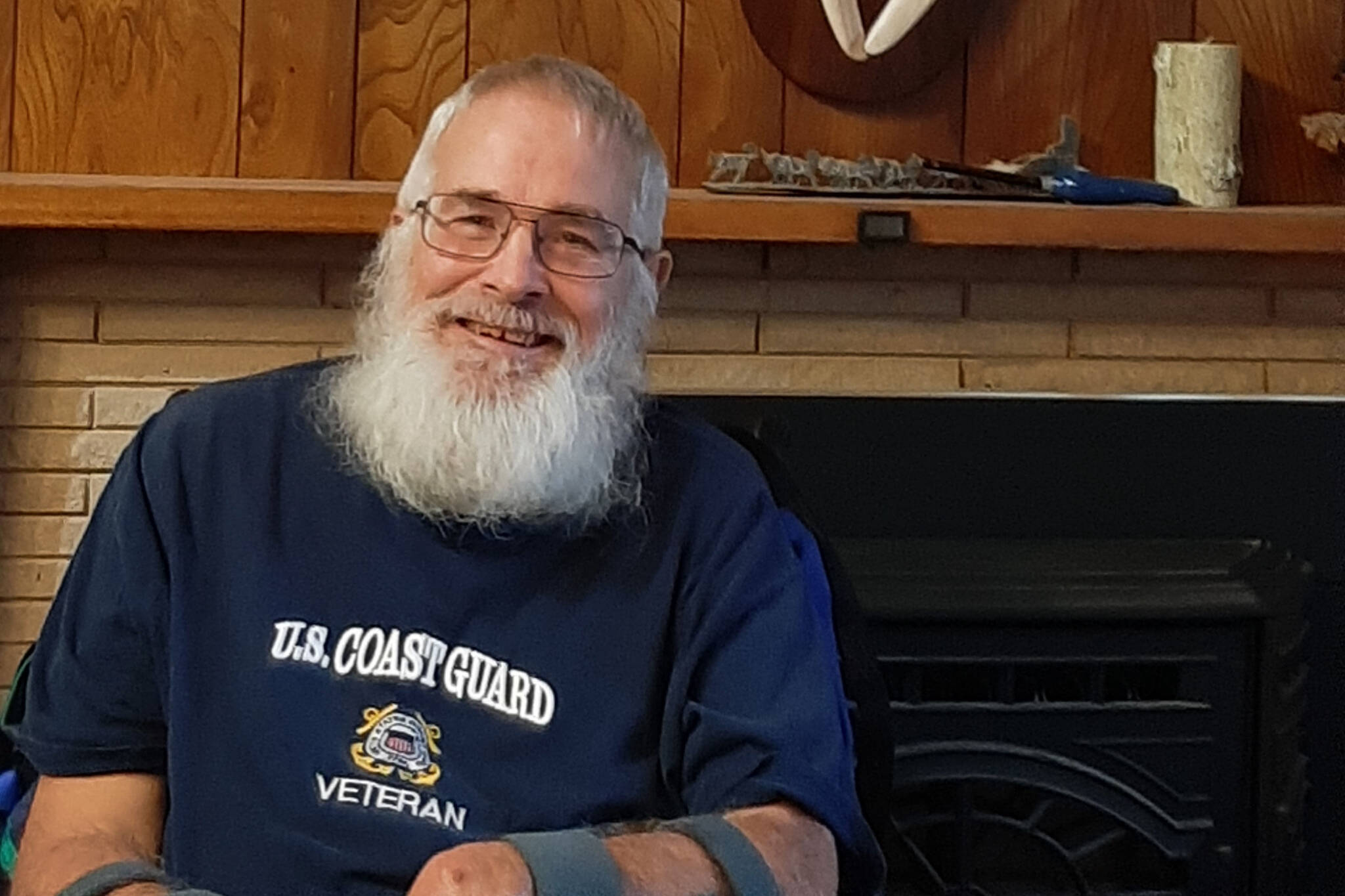For veterans, getting long-term caregiver assistance can sometimes be a challenging task, particularly in Southeast Alaska’s widespread small communities.
Even if family members are able to provide that aid, it can sometimes be a part- or full-time job.
A program run by Southeast Alaska Independent Living is aiming to give veterans a more precise control over the care they receive, said Sarah Wallace, SAIL’s Juneau vendor services coordinator.
The program, called the Veterans’ Options for Independence, Choice and Empowerment, has been part of SAIL’s veterans services for several years now, Wallace said. It’s run in partnership with the Department of Veterans Affairs, which funds it.
[Juneau residents get look at policing with Citizen’s Academy]
“The philosophy behind this is veteran-directed care,” Wallace said in an interview. “He is the employer. He decides who he hires. He is in charge of the hours. He can decide what tasks.”
The program provides funding for veterans to pay caregivers that they select. Veteran-selected caregivers can include family members, allowing for more precision of care, inside the veteran’s own residence. This is a change from working with a larger caregiver company, said Ivan Nance, a Coast Guard veteran with multiple sclerosis in the program.
“I just started in March. Previously I had been taken care of by a separate caregiver company,” Nance said in an interview. “From my perspective, (VOICE) puts more money in the hands of people who are directly helping me. It’s more efficient to have money go directly to caregivers than an overhead company.”
The program has been a marked improvement over his previous situation, Nance said.
“(It’s been) better and better. For whatever reason, there was a shortage of caregivers,” Nance said. “Now, I’ve got several people who are very capable and motivated. It’s worked out real good for me.”
Previously, Nance said, he had to work to the caregiver company’s schedule, instead of his own.
“Previously, I had an agency that had a caregiver available at a certain time for a certain block and I had to fit with that. It empowers me relative to the agency,” Nance said. “Veteran’s disability puts a huge burden on families. This program, by paying my partner, and being more flexible for my needs, is a vast amount of help.”
To become eligible, Wallace said, a veteran needs to work with their primary care provider, taking an assessment. The program isn’t for every veteran; SAIL currently has about 20 veterans enrolled in the program.
“We definitely have room for more. Once we get them set up, they’re very self-sufficient for the most part,” Wallace said. “This is for veterans with a higher need of care. You’ll have to do an assessment with your primary care provider and that will go to the VA.”
Nance said he was initially cautious about the program, but he’s come around and that he’d recommend it to those requiring that level of care, thanking SAIL for their organizing.
“I was skeptical. I thought oh boy, how’s this going to work,” Nance said. “I think their staff has made this work and continues to make this work.”
• Contact reporter Michael S. Lockett at 757-621-1197 or mlockett@juneauempire.com.

